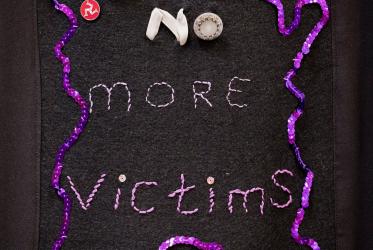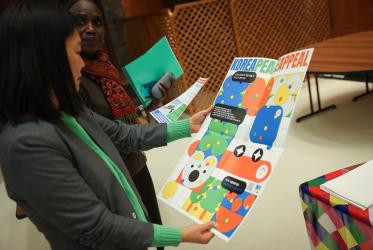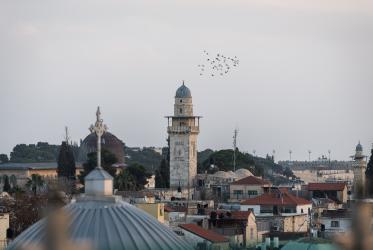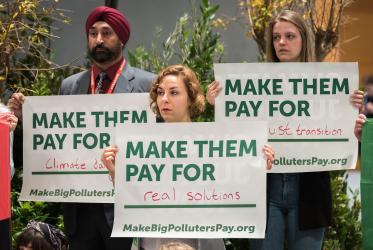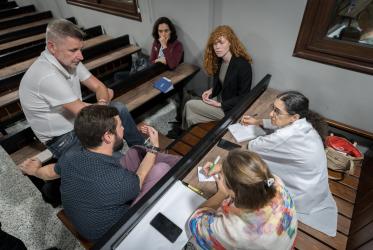Displaying 1 - 20 of 246
Ecumenical Forum for Korea finds hope amidst challenges for peace
07 December 2023
Ahead of Her Time
Pan-African Women of Faith and the Vision of Christian Unity, Mission, and Justice
01 November 2023
WCC marks 75th commemoration of “Al-Nakba”
16 May 2023
WCC offers input to the UN New Agenda for Peace
13 April 2023
